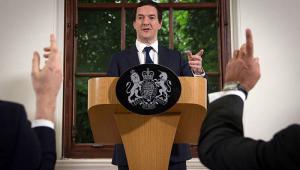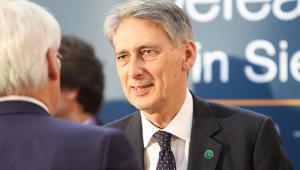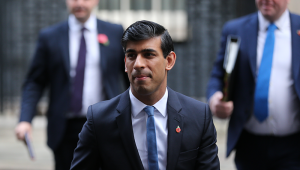In an interview with the Financial Times, Osborne said a reduction from the current rate of 20% to less than 15% was needed to drive a “super competitive economy”.
Osborne has cut the rate from 28% to 20% since 2010 in his time as chancellor, and has announced further reductions to 19% for the financial year beginning next April and to 17% by April 2020.
In the interview, Osborne said Britain should “get on with” further rate cuts to show the country was still “open for business” after the Brexit vote, but he did not set out a timescale for the reductions.
Osborne may not remain chancellor after the results of the Conservative leadership election are known, but he has also said he will abandon the fiscal rule requiring the public finances to be in surplus by the end of the parliament.
Responding to the interview, Jonathan Isaby, chief executive of the low tax campaign group the TaxPayers' Alliance, said the rate cut would show “the UK is ready to seize new opportunities in the global economy”.
He added: “It's crucial that our politicians have a positive vision for British taxpayers outside the EU, and meaningful tax cuts to boost growth and prosperity are an excellent first step.”












